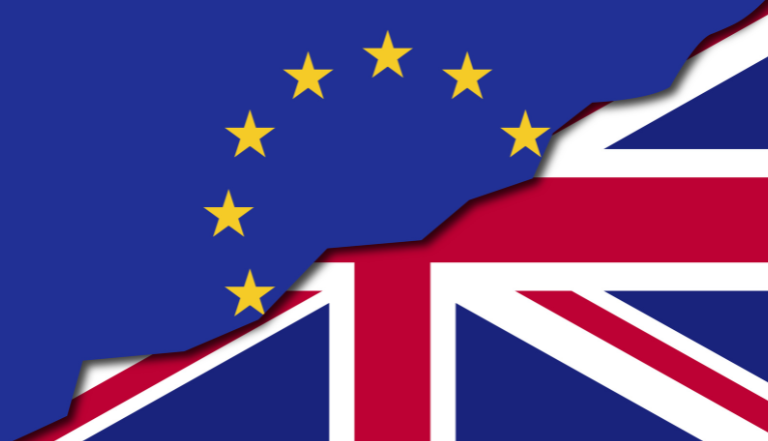Before Brexit, once goods had been legitimately placed on the market anywhere in the EEA, any applicable IP rights, such as registered trade marks, were “exhausted” so that the rights holder could no longer restrict further dealings in those specific goods anywhere in the territory (unless there were circumstances where the condition of those goods had been tampered with, for example).
The UK and EU did not agree any reciprocal arrangements regarding exhaustion as part of Brexit negotiations. The UK Government therefore, via the European Union (Withdrawal) Act 2018 (the “Withdrawal Act”), unilaterally provided certainty on what would happen regarding exhaustion in the UK once the UK left the EU. The situation in the UK has since been that IP rights in goods placed on the market in either the UK or the EEA are exhausted. The Withdrawal Act did this by saving directly effective rights concerning the exhaustion of IP rights, namely by applying rights that arose from the free movement of goods articles in the Treaty on the Functioning of the European Union. The position on exhaustion post-Brexit is not reciprocal, as under EU law IP rights in goods first placed on the market in the UK are not exhausted in the EU, such that the rights-owner can object to further dealings of such goods in the EU.
The Retained EU Law (Revocation and Reform) Act 2023 (the “Retained EU Law Act”) came into force on 1 January 2024 with the effect that EU law that was retained upon Brexit was repealed, revoked or amended by the end of 2023. There has been much speculation as to what effect this will have on the law in the UK going forwards (not just pertaining to intellectual property rights) as it will be easier for the UK courts to depart from EU case law, for example.
The Retained EU Law Act also confers power on the UK Government to restate retained EU law and they have done just this with the principle of exhaustion of IP rights with the Intellectual Property (Exhaustion of Rights)(Amendment) Regulations 2023 (the “Regulations”) which are now in effect. The Regulations preserve the status quo, i.e. the UK plus EEA exhaustion regime. The practical effect for rights-owners therefore is that nothing has changed.
However, a different approach could be taken in future and indeed the UKIPO’s statutory guidance page for the Regulations states “These Regulations provide for the continuation of the UK’s current exhaustion regime while the government is making a decision on what the UK’s future exhaustion regime should be”.
What that regime might be, or when it will come into effect, remains to be seen.
Customs enforcement
A separate but related topic is that of customs enforcement and the effective monitoring of IP rights by customs officials in order to stop counterfeit goods. Prior to the end of the Brexit transition period, the UK was part of the EU customs regime and Applications for Action across the EU could be filed directly via UK customs. Such EU Applications for Action would have provided data to customs officials to assist in the detection and detention of counterfeit goods across the whole of the EU. Since the end of the Brexit transition period, UK companies can still make customs recordals to protect their IP rights in the EU, however, such EU Applications for Action will now have to be made through the customs office of an EU member state.
Similarly, UK rights holders will now have to submit a national Application for Action to HM Customs and Revenue in order to enable the UK Border Force to effectively detect and detain goods suspected of infringing the holder’s IP rights.
As noted above, a practical consideration is that while customs authorities can detain goods arriving in the UK from the EEA and vice-versa, IP rights will be considered exhausted in the UK if those goods had previously been placed on the market in the EEA by the rights holder or with their consent, while rights in the EEA will not be considered exhausted if the goods were first put on the market in the UK.
Customs enforcement procedures on goods travelling between the UK and the EU, not to mention potential future divergence in relation to exhaustion rules, could therefore have important implications for parallel imports. In the long term, various industries, such as those in the fields of spare parts and pharmaceuticals, could be negatively impacted by this.
With offices in both the UK and the EU, Marks & Clerk are able to assist with customs enforcement across Europe and the UK, and to advise on exhaustion issues and how this may affect parallel imports.
Further information about the anti-counterfeiting services offered by Marks & Clerk is available here - https://www.marks-clerk.com/expertise/services/anti-counterfeiting/.
Further information about the post-Brexit UK and EU Application for Action processes can be found here - https://www.marks-clerk.com/insights/articles/post-brexit-uk-and-eu-afa-recordal-process/



